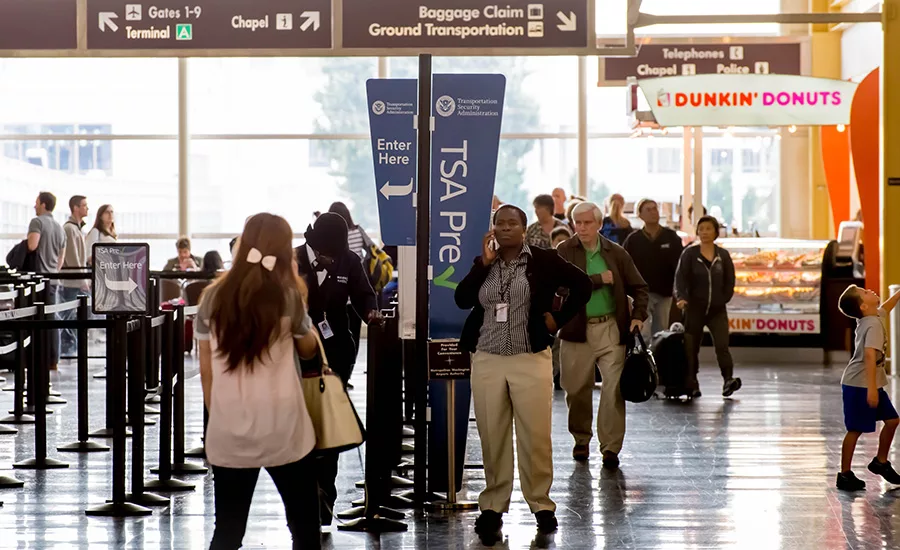Federal Judge Rules Terrorist Watchlist is Unconstitutional

A federal judge has ruled that the U.S. government's terror watch list violates the constitutional rights of those on it.
The terror watch list, called the Terrorist Screening Database (TSDB), contains the names of more than 1 million people. U.S. government agencies reportedly use the database to determine who should get additional screening at airports, who can purchase firearms, or who is eligible for asylum in the United States.
U.S. District Judge Anthony Trenga ruled that the list violates due process because there was no clear standard for people to be included or removed from the list.
The list was challenged by the Council on American-Islamic Relations (CAIR) and 23 American citizens who said they were wrongly placed on the list. They also said that the government's process for adding names is overbroad and filled with errors.
"There is no independent review of a person's placement on the TSDB by a neutral decisionmaker," Judge Anthony Trenga wrote. "Individuals are not told whether or not they were or remain on the TSDB watchlist and are also not told the factual basis for their inclusion."
"There is no evidence, or contention, that any of these plaintiffs satisfy the definition of a 'known terrorist," Trenga added. "An individual's placement into the TSDB does not require any evidence that the person engaged in criminal activity, committed a crime, or will commit a crime in the future; and individuals who have been acquitted of a terrorism-related crime may still be listed in the TSDB."
Judge Trenga has ordered both sides in the lawsuit to propose changes that could address the system's constitutional defects.
Looking for a reprint of this article?
From high-res PDFs to custom plaques, order your copy today!





